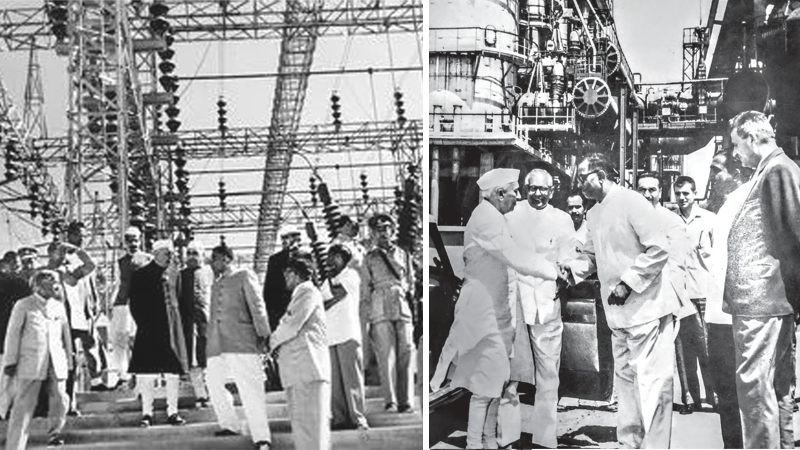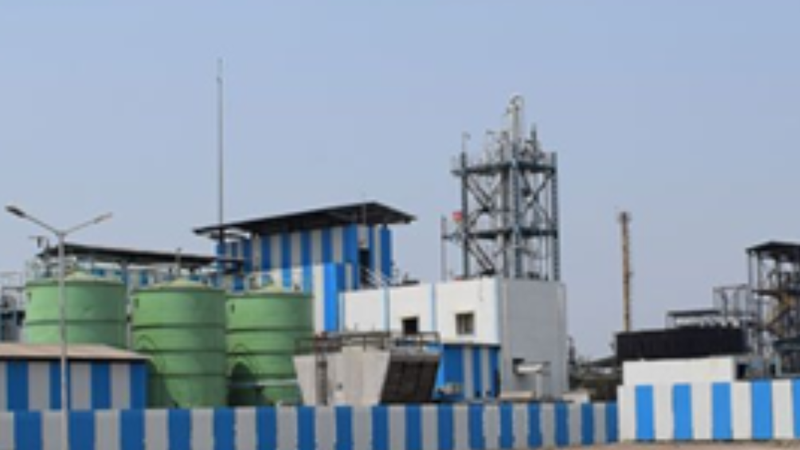Counting Castes, Counting Controversies: Supreme Court, the Census and the OBC Question
India–EFTA Pact: Promise Abroad, Questions at Home
From 1 October, India’s trade pact with the European Free Trade Association (EFTA) comes into effect — a deal 16 years in the making. With tariff concessions, promises of $100 billion investment, and one million new jobs, it signals India’s growing economic ambition and its desire to anchor itself in European markets beyond the EU. If implemented well, TEPA could bring technology, value-chain integration, and new opportunities for Indian exporters.
Yet promise abroad must be matched by credibility at home.
The controversies surrounding former CJI DY Chandrachud — from case allocation charges to his Babri Masjid remarks and delayed vacation of official residence — underline how fragile institutional trust can be. Even when allegations lack substance, the optics matter. For a democracy seeking global stature, domestic institutions must command confidence.
India today stands at a twin crossroads: bold economic outreach on one side, and the need for uncompromised institutional integrity on the other. Trade treaties may open markets, but only transparent and accountable governance can sustain national trust.
















